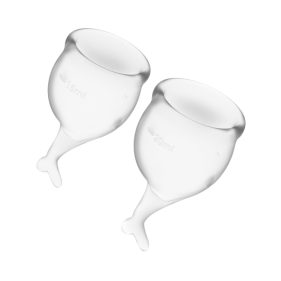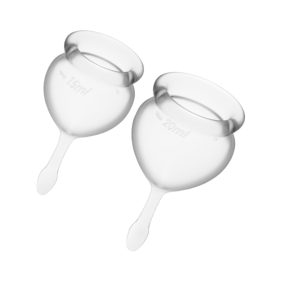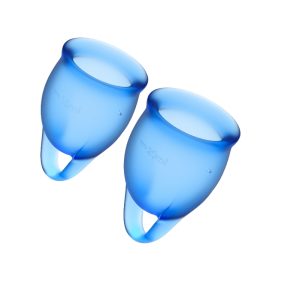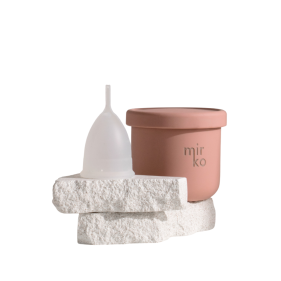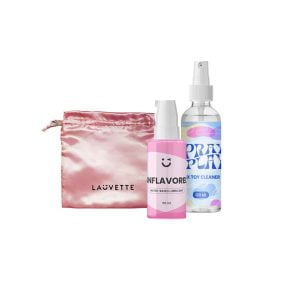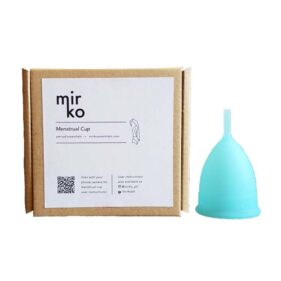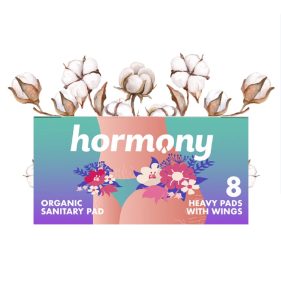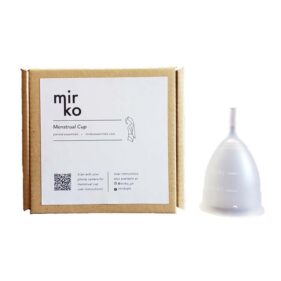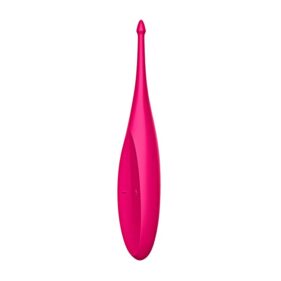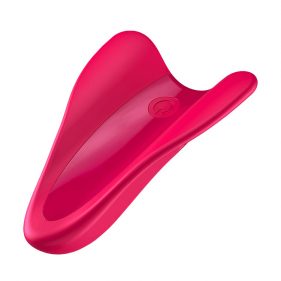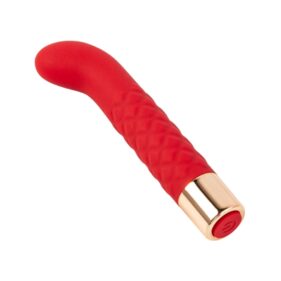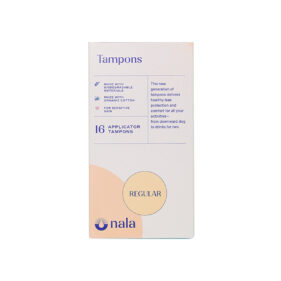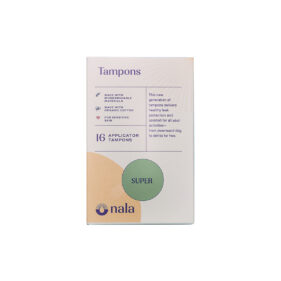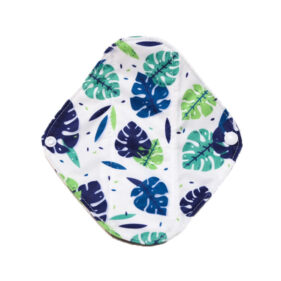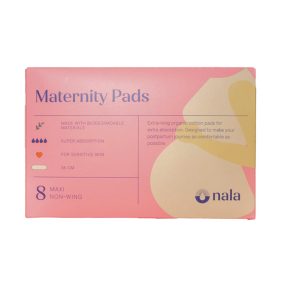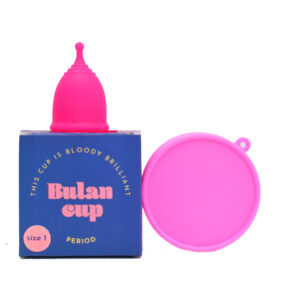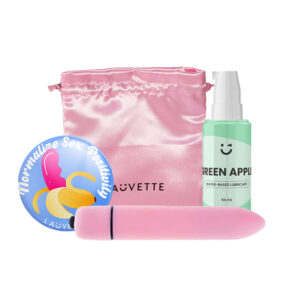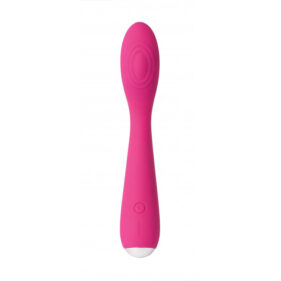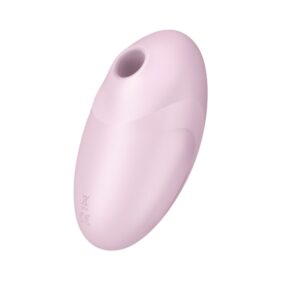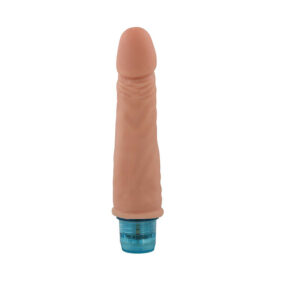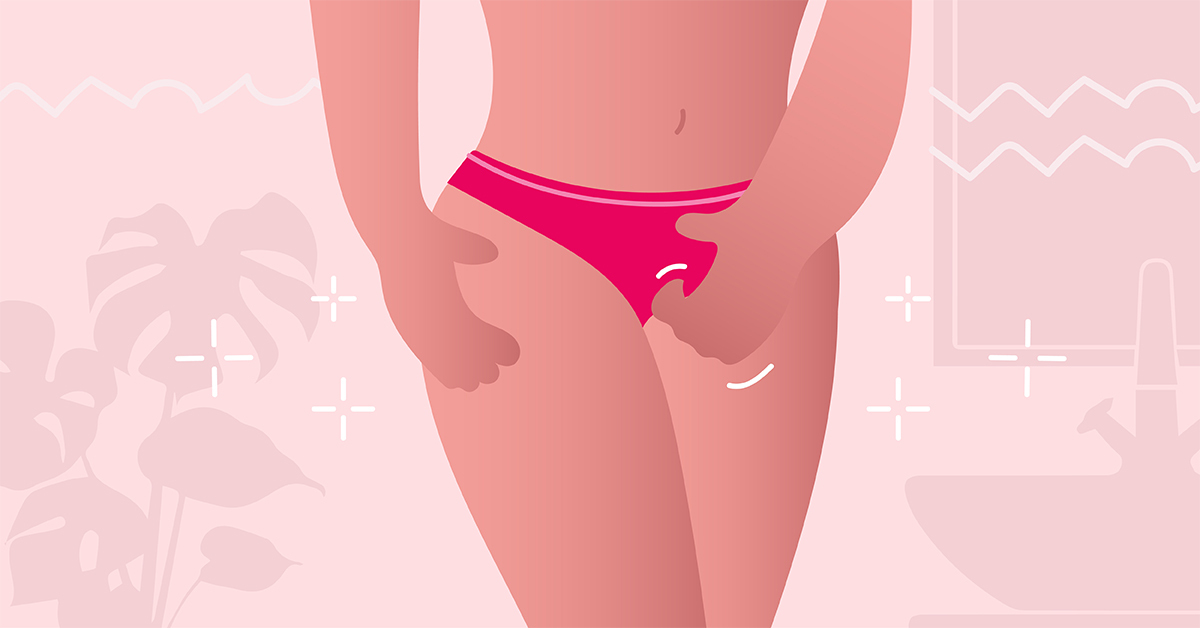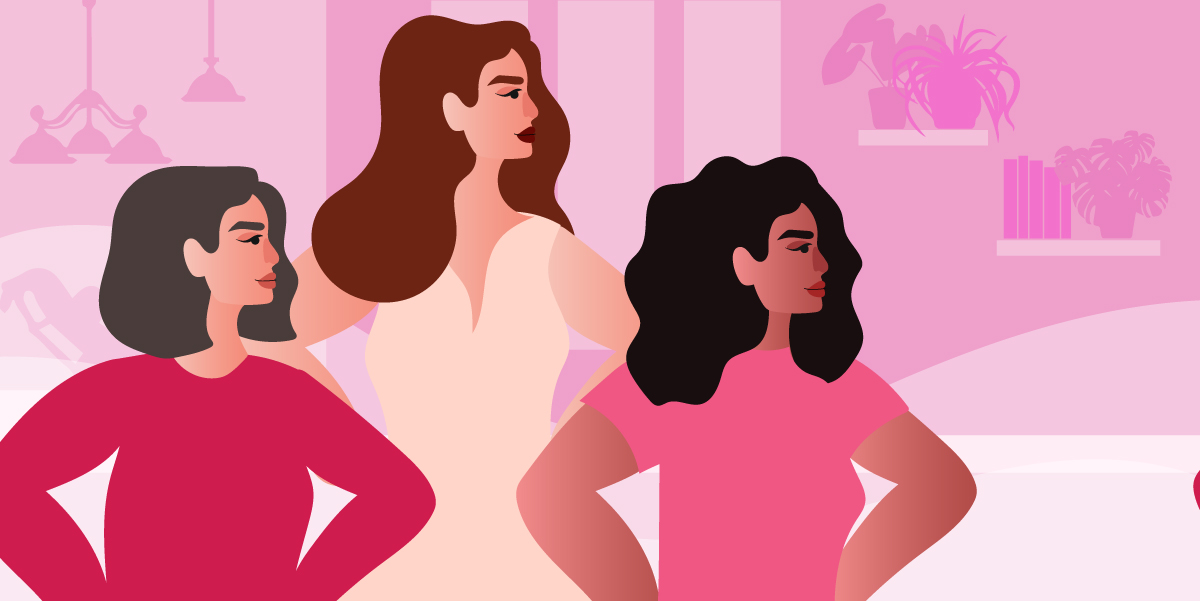
This “how to reduce your risk of breast cancer” article is meant to be a source of valuable information for the reader; however, it is not a substitute for direct expert assistance. Please seek help from a medical professional for further information.
Did you know that breast cancer is one of the common types of cancer in the Philippines? According to the Global Cancer Observatory, there are 153,751 new recorded cancer cases as of 2020. The majority of the new cases (17.7%) consist of breast cancer patients.
By the time you’re reading this, someone– maybe even a colleague or a loved one– is battling this illness. And as the number of cases continues to increase, we think that now’s the time to make conscious efforts to reduce the risk.
In line with Breast Cancer Awareness Month, we will discuss the different lifestyle changes that you can make to reduce your risk of having breast cancer. We will also answer frequently asked questions about these lifestyle tips and breast cancer in general.
What is Breast Cancer?
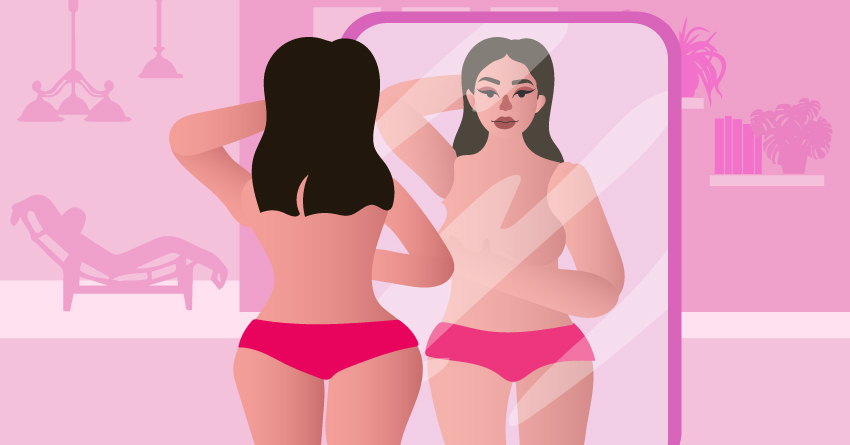
Breast Cancer is a disease that involves the uncontrolled growth of breast cells. The growth usually starts in the ducts (tubes that carry breast milk in the nipple). It can also start on other parts of the breast, such as the lobules (glands that produce milk for breastfeeding).
Over time, these cancer cells will continue to grow and spread out, invading the healthy breast tissues. These cells can also make their way into the underarm lymph nodes, spreading the growth into the other parts of the body.
This is why early detection is the key. If you can treat cancer in the early stages, you’ll have higher chances of surviving this disease.
How to Reduce Risk of Breast Cancer
Before getting into the list, take note that there’s no sure way to prevent breast cancer yet. All of the things that are listed below are ways to minimize the risk. We also suggest consulting your healthcare provider before doing some of the preventive measures. Read on!
1Stay at a healthy weight.
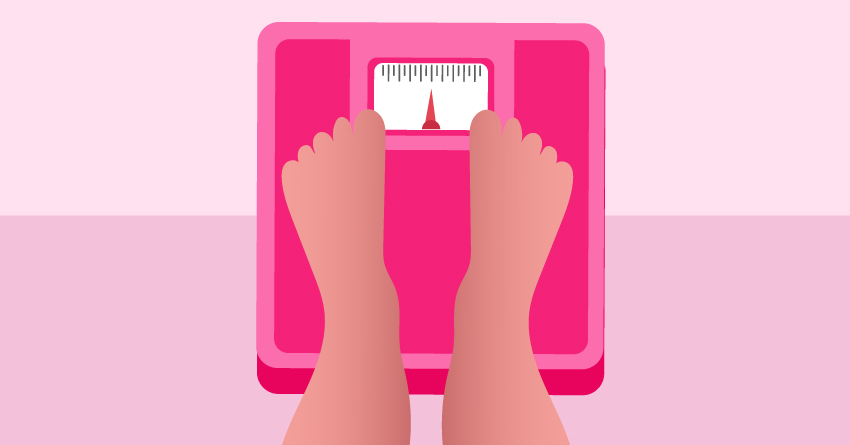
According to this study from the Journal of the National Cancer Institute, women who lose weight after age 50 and sustain it have a lower risk of breast cancer than women whose weight stays the same. Some studies also suggest that you’ll have a higher risk of breast cancer after menopause if you’ve gained weight.
With that, we suggest keeping the extra pounds off. Keeping a healthy weight isn’t just good for cancer prevention, it also comes with tons of health benefits. Take note though, you shouldn’t be starving yourself just to keep those extra pounds. As long as you’re eating a healthy and well-balanced meal every day, you’ll be fine. Don’t forget to exercise too!
2Be physically active.

Several studies have shown that women who are exercising regularly have lowered their breast cancer risk by 10-20 percent. As for the intensity of the physical activity, it’s suggested for women to go for moderate to vigorous physical activity to reduce their risk of breast cancer.
Now, if you’re unsure what “moderate physical activity” and “vigorous physical activity” meant. Here’s a brief description as well as some examples.
Moderate-intensity physical activities require a moderate amount of effort. This includes, but is not limited to, the following: brisk walking, housework, carrying loads less than 20 kg, dancing, gardening, and sexual intercourse.
Vigorous-intensity physical activities require a substantial amount of effort. This includes, but is not limited to, the following: running, climbing a hill, fast cycling, aerobics, fast swimming, competitive sports, and carrying loads more than 20 kg.
-
₱980.00
3Limit your alcohol intake.
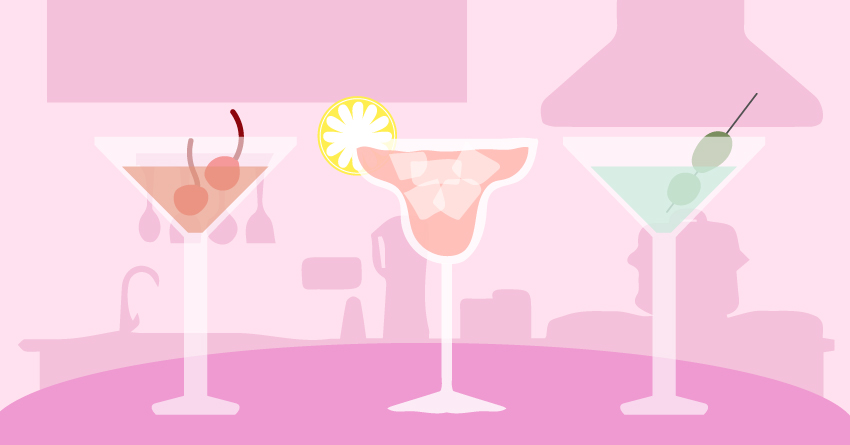
We know some of you love drinking, but if you want to reduce your risk of breast cancer, you need to lessen your liquor intake. According to the American Cancer Society Guideline for Diet and Physical Activity for Cancer Prevention, people should limit their consumption to no more than 1 drink per day for women and 2 drinks for men.
This means that for women, they can only drink up to 12 ounces of beer or 5 ounces of wine per day. So if you’re thinking of drinking a bottle of chardonnay by yourself– nuh uh, health first, sweetie.
4Avoid smoking.
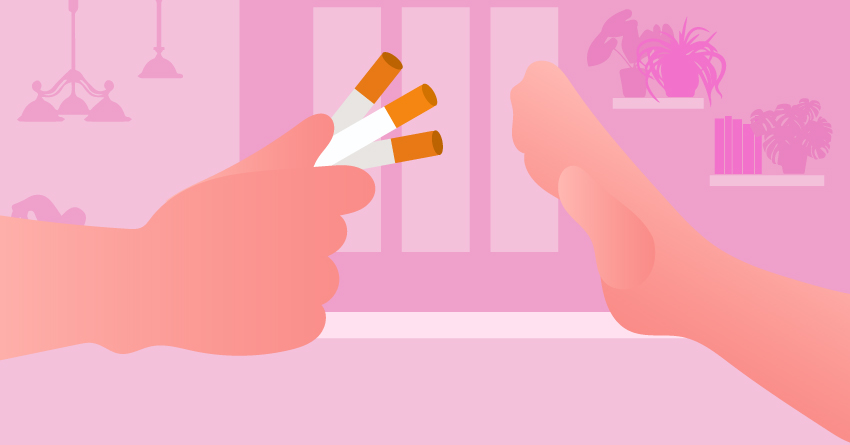
According to the National Breast Cancer Foundation, smoking is a risk factor for different types of cancer, including breast cancer. There’s also a study from the Breast Cancer Research showing that women who had ever smoked were 14 percent more likely to develop breast cancer than those who had never smoked. The study also states that women who started smoking before age 17 have a higher risk of developing breast cancer, as compared to women who started smoking after age 17.
Studies also showed that second-hand smoking can also increase the risk of breast cancer. So if you’re always with someone that smokes a lot, even if you’re not a smoker yourself, you’ll have higher chances of getting this illness. That’s why it’s best to keep your distance from cigarettes and smokers as much as possible.
-
₱675.00
-
₱675.00
-
Original price was: ₱664.00.₱597.60Current price is: ₱597.60.
5Avoid exposure to high doses of radiation.
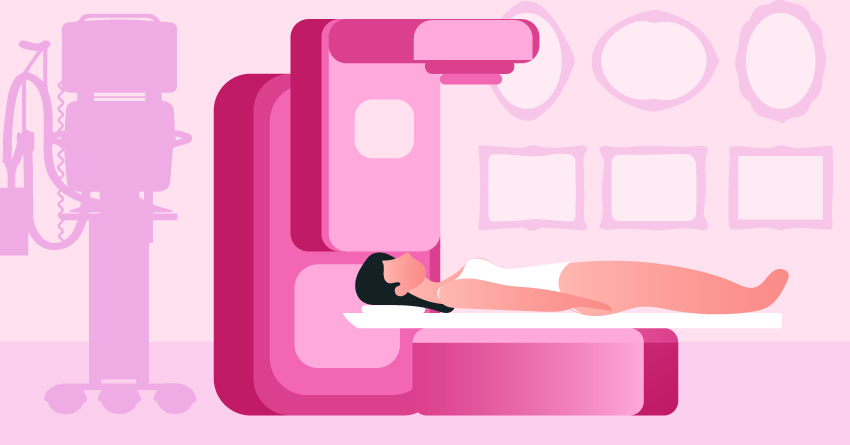
According to this study from Breast Cancer Research, high doses of ionizing radiation is a risk factor to breast cancer. Now, this depends on the age of the person and dose of radiation, as girls exposed to ionizing radiation before age 20 have a higher risk for breast cancer, while women exposed after menopausal stages have the lowest risk for this illness.
However, this study also states that radiation-related breast cancer is challenging to confirm, and that genetic risk factors may also come to play. It’s also pretty difficult to get exposed to high levels of ionizing radiation, so unless you’ve taken radiation therapy, you shouldn’t worry as much.
-
₱850.00
-
₱850.00
-
₱980.00
6Avoid taking birth control pills.
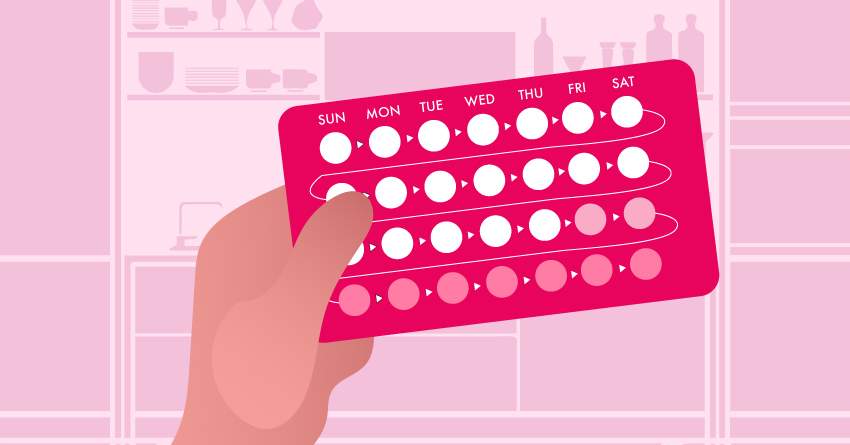
Several studies suggest that women taking oral contraceptives slightly increase their risk of breast cancer. However, there are also studies showing that taking birth control pills don’t actually increase the risk of breast cancer.
So you’re probably wondering if it’s okay to take birth control pills or not. Well, if you’re below 35 years old and there’s no history of breast cancer in the family, you should be okay to take it. As for women whose family has a history of breast cancer, it’s best to consult your healthcare provider before taking pills. Now, if your doctor has advised you to not take oral contraceptives, there are still tons of birth control options for you.
7Breastfeed as much as possible.
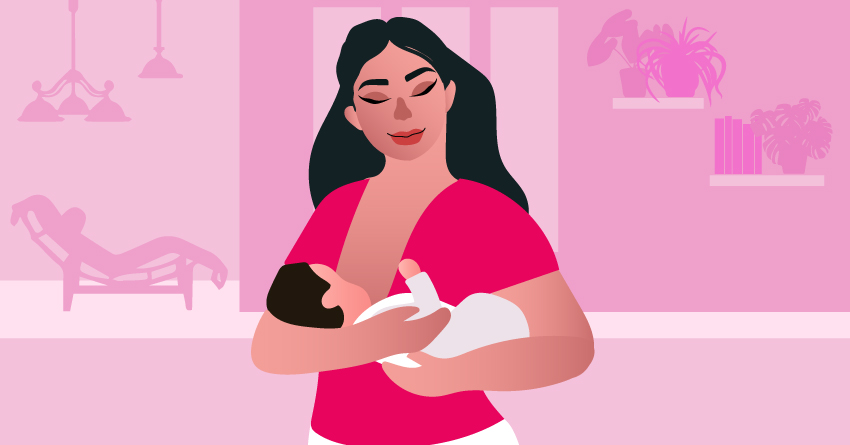
For our mommy readers who’ve just given birth, did you know that you can reduce your risk of breast cancer by breastfeeding your little one?
According to a study from the Collaborative Group on Hormonal Factors in Breast Cancer, for every 12 months that a woman breastfed, her risk decreased by 4.3 percent. The Centers for Disease Control and Prevention also confirms this. According to them, breastfeeding reduces your exposure to hormones that are linked to increases of breast and ovarian cancers, such as estrogen.
8Avoid Hormone Replacement Therapy.
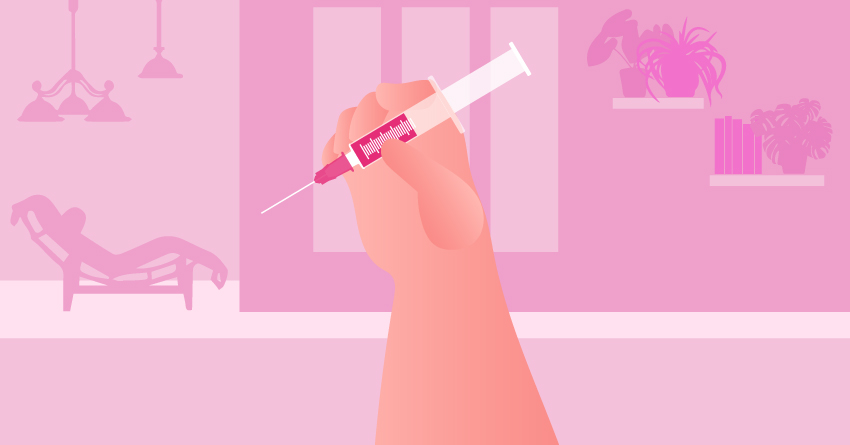
Hormone Replacement Therapy (HRT) is used to relieve symptoms of menopause. If you’re a woman going through menopause, this can be helpful to get you through hot flushes, vaginal dryness, night sweats, low libido, and mood swings. The treatment also comes in various forms. You can take it through tablets, gels, vaginal creams, and skin patches.
Now, this might sound like a good solution for menopause. However, there are breast cancer risks for taking HRT. According to breastcancer.org, taking the Combination-type of HRT increases the risk by about 75 percent. As for the Estrogen-Type of HRT, there’s still an increased risk, but only when used for more than 10 years.
The risk will also be higher if your family has a history of breast cancer. That’s why before taking HRT, it’s vital to consult your healthcare provider. We get menopausal symptoms can be tough, but there are options to relieve these symptoms without putting your life in danger.
-
₱4,045.00
-
₱2,695.00
-
₱4,045.00
-
₱1,495.00
9Take prescribed medicines that lower breast cancer risk.
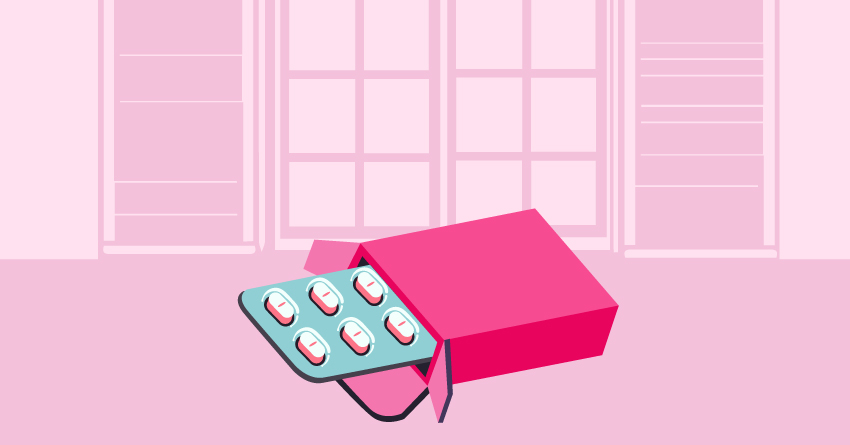
If you’re high-risk for this illness, you might want to consider taking medications to reduce your risk of breast cancer. But first, you need to consult your healthcare provider and let them assess how high your breast cancer risk is. Here are some of the important risk factors to check:
- Age
- Family history
- Menstrual history
- Pregnancy history
- Having invasive breast cancer in the past
- Having a gene mutation linked to a family cancer syndrome
If you have a higher than average risk, you can be prescribed with certain medicines, such as tamoxifen and raloxifene. Again, this all depends on your doctor. Never self-diagnose!
-
₱429.00
-
₱439.00
10Take preventive surgery if necessary.
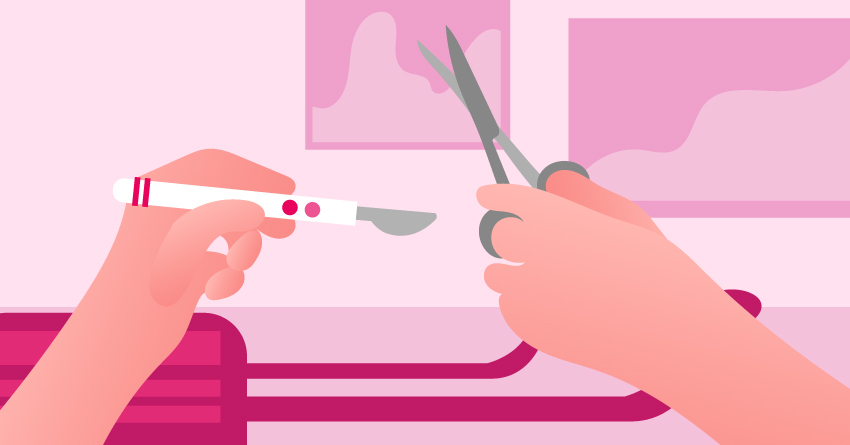
Now, this method is solely for women that have a mutation in the genes that increase breast cancer risk (BRCA1 or BRCA2 gene), have a strong family history of breast cancer, had radiation therapy to the chest before age 30, or previously had cancer in one breast. If you have those risk factors above, you should consider getting preventive surgery.
Bilateral Prophylactic Mastectomy – Also known as Mastectomy, this procedure involves removing both breasts.
Contralateral Prophylactic Mastectomy – This is for women that have already been diagnosed with breast cancer. Same with the Bilateral Prophylactic Mastectomy, both breasts of the patient will be removed– the breast with cancer and the other one without cancer yet. This can reduce the risk of second breast cancer.
Prophylactic Oophorectomy – Now, for women that have BRCA1 or BRCA2 mutation, doctors recommend this surgery, since women that have this mutation have a high risk of developing both breast cancer and ovarian cancer. For this procedure, the ovaries are removed to minimize the risk of ovarian cancer.
-
₱120.00
11Conduct breast self-examination regularly.
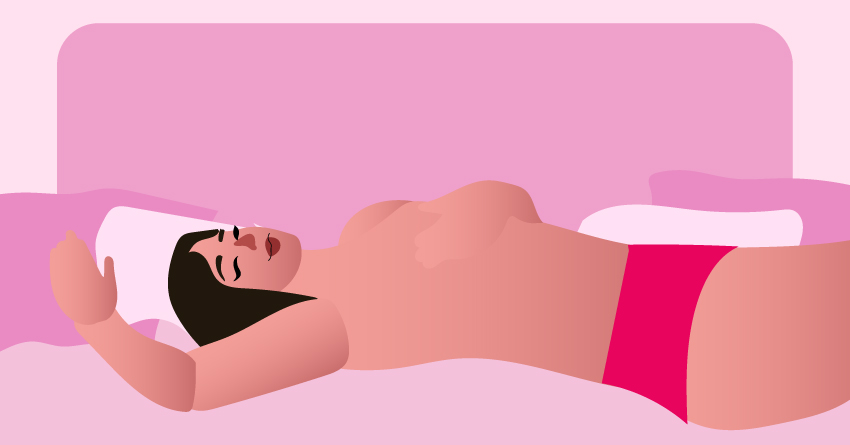 Did you know that women whose breast cancer is detected at an early stage have a higher survival rate in the first five years? This is why aside from doing lifestyle changes to reduce your risk of breast cancer, you’ll also need to regularly assess your breasts and see if there are noticeable changes in the area.
Did you know that women whose breast cancer is detected at an early stage have a higher survival rate in the first five years? This is why aside from doing lifestyle changes to reduce your risk of breast cancer, you’ll also need to regularly assess your breasts and see if there are noticeable changes in the area.
In that way, you’ll be able to report these changes to your doctor. If the breast change is caused by breast cancer, you’ll have a bigger chance of surviving it. If not, then at least you’ll get to discover certain conditions that caused the change.
As shared by breastcancer.org, there are five steps when doing the breast self-exam. First, you’ll need to start the test by looking at your breasts in the mirror. Your shoulders should be straight, and your arms on your hips. The goal of this step is to assess your breasts visually. Check if they’re evenly shaped and are in their usual size, shape, and color. If they’re a bit distorted than usual or have redness, rash, or swelling all over, take note of this and share it with your healthcare provider.
Next, raise your arms. Same with the previous step, check if there’s discoloration, distortion, or other changes in your breasts and around them. After that, check for any signs of fluid coming out of one or both of your nipples. If you’re not breastfeeding but see fluid flowing out of your nipples, take a note of this and share it with your doctor.
Once you’re done checking the visuals of your breasts, the next step is to feel them and check for possible lumps. You’ll need to lie down; use your right hand to feel your left breast and right hand to feel the other breast. Make sure to use a firm and smooth touch using your first 3-4 fingers, all flat and sticking together. After that, start massaging your breasts in a circular motion. Cover the entire breast from top to bottom and side to side. It’s up to you on what spots to touch first; just make sure to have a certain pattern to follow. This will help you notice if there are some changes in your breasts. Lastly, you’ll need to feel your breasts while standing or sitting. Just repeat the previous step, but now while sitting or standing up.
-
₱315.00
-
₱450.00
12Find out your breast tissue type.
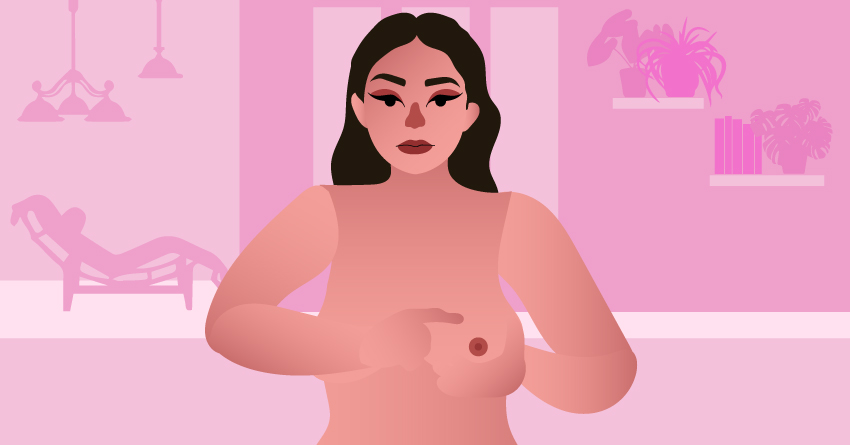
Aside from doing breast self-exams, we also recommend checking your breast density. Numerous sources have stated that if a woman has relatively high amounts of glandular tissue and fibrous connective tissue and relatively low amounts of fatty breast tissue, also known as dense breasts, they’ll be more at risk of breast cancer. Not only does it increase your risk of this disease, but having dense breasts can also make abnormal cells harder to spot on regular scans.
To find out if you have a dense breast or not, you’ll need to take a mammogram. If you have mammographically dense breasts, you may need to take advanced tests and be screened more often.
13Minimize your exposure to outdoor light at night.

Did you know that light exposure at night can increase your risk of breast cancer? Studies show that women living in well-lit areas or working at night are more at risk for this disease.
According to the researchers, the increase in breast cancer risk is linked to melatonin levels. It’s a hormone responsible for regulating the body’s sleep cycle. The production of this hormone peaks at night and is lower during the day due to light exposure. So if a person is exposed to day-like lights at night, their melatonin levels tend to stay low.
Now, the studies are still limited related to this claim. But for good measure, we recommend minimizing your exposure to lights at night, especially if you’re at risk for breast cancer. Make sure to dim the lights in your room or install a low-wattage at your home.
14Get that vitamin D!

Did you know that your risk of breast cancer may go up if you’re not getting enough vitamin D? This is why we recommend going outside and getting sun exposure for 20-30 minutes. You can also increase your intake of foods rich in vitamin D, such as sardines, salmon, milk, and orange juice.
-
₱940.00
-
Original price was: ₱419.00.₱377.00Current price is: ₱377.00.
15Avoid cosmetic products with parabens.
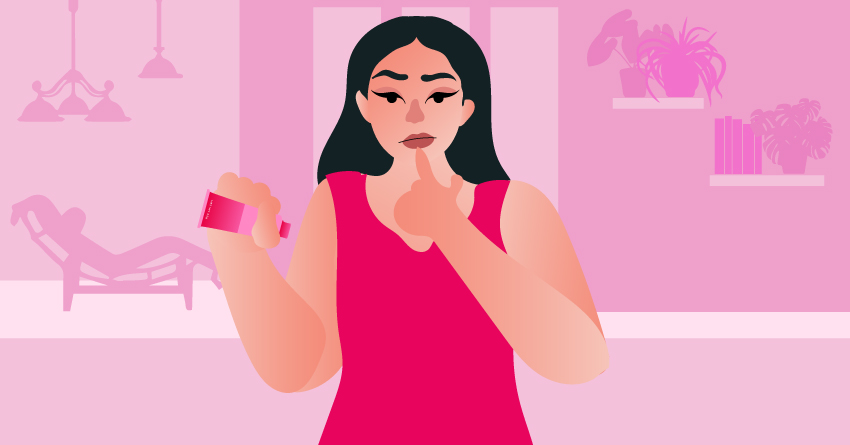
Another way to reduce your risk of breast cancer is avoiding beauty, skincare, and hygiene care products with parabens. Studies have shown that women using products with parabens can be more at risk of this disease.
According to said studies, parabens may mimic estrogen, increasing breast cell growth and triggering hormone-positive breast cancer. However, there are still limited studies to back up this claim.
Frequently Asked Questions

As you’ve learned the different ways to reduce your risk of breast cancer, you’re now equipped with enough information to prevent this disease. However, if you still have questions lingering in your mind, we’re here to help you out. We’ve answered some of the frequently asked questions about breast cancer and breast cancer prevention.
1What are the symptoms of breast cancer?
Some of the warning signs of this disease are the following: an unusual lump or mass in one or both of your breasts, swelling of the breast, breast or nipple pain, nipple discharge, and distorted shape of one or both of the breasts.
2Do all lumps in the breast are caused by breast cancer?
Nope, finding a lump in one of your breasts doesn’t automatically mean you have breast cancer. Women may experience different changes in their bodies throughout the month, especially during the week before their menstrual period. As long as the symptoms go away within a few days, you shouldn’t be alarmed. But for good measure, we still recommend noting when this lump has shown up, then discussing it with your doctor.
3Can men get breast cancer?
The notion that “men can’t have breast cancer” is completely false. Males have breast tissues too. However, their cases are rare as compared to women’s cases. Nonetheless, men should see if they’re at risk and minimize it by doing the steps below.
4How often should I do a breast self-exam?
Medical professionals recommend doing this test once a month.
5Does my menstrual cycle or reproductive history can affect breast cancer risks?
Several studies state that the number of menstrual cycles a woman has over time can affect her breast cancer risk. If you’ve started having your period before age 12, or had your first child at 30 years old or older, or began your menopause after 55, then you’re at higher risk. Please consult with your doctor to help you reduce the risk of breast cancer and other steps that you should take.
6How often should I go to my healthcare provider for breast-related checkups?
At least have one physical checkup every year. If you’re at more risk for breast cancer and other diseases, we recommend taking checkups more often.
7Is it painful to have a mammogram?
You may feel uncomfortable with the procedure as it compresses the breasts. However, it depends on the person and their pain tolerance. Now, if you’re someone who has very sensitive breasts, make sure to schedule your mammograms a week after their menstrual cycle. Don’t do it before and during your menstrual cycle, as your breasts are highly sensitive and tender in this period.
8Does use permanent hair dye or chemical hair straighteners can affect my breast cancer risk?
Some studies say that a person who frequently uses these hair dye products may have a higher risk of breast cancer than women who don’t use the said hair novelty products. However, the studies are still limited to fully back up this claim. Just for good measure, though, we suggest limiting your use of personal hair dye and chemical hair straighteners, especially if you’re at risk for breast cancer.
Takeaway
Breast cancer is one of the leading cancers worldwide. With those increasing numbers, it’s normal to feel alarmed, especially for our female readers. But don’t worry, as treatments are getting more advanced. If diagnosed early, this illness can be cured and controlled.
We’re also now informed on various ways to prevent the disease. As long as you’re following the steps listed on this guide, you’ll be able to reduce your risk of breast cancer.
Self-love isn’t just about being confident with yourself or taking some self-care breaks, it’s also about making conscious efforts of keeping yourself healthy.
-
₱3,850.00
-
₱3,395.00
-
₱6,435.00
